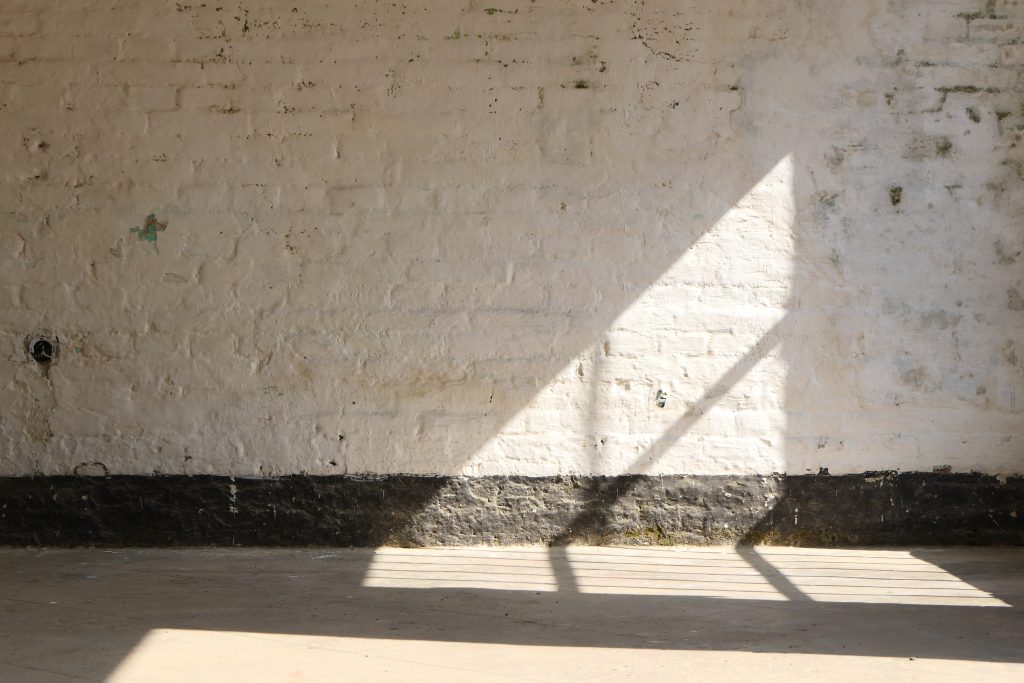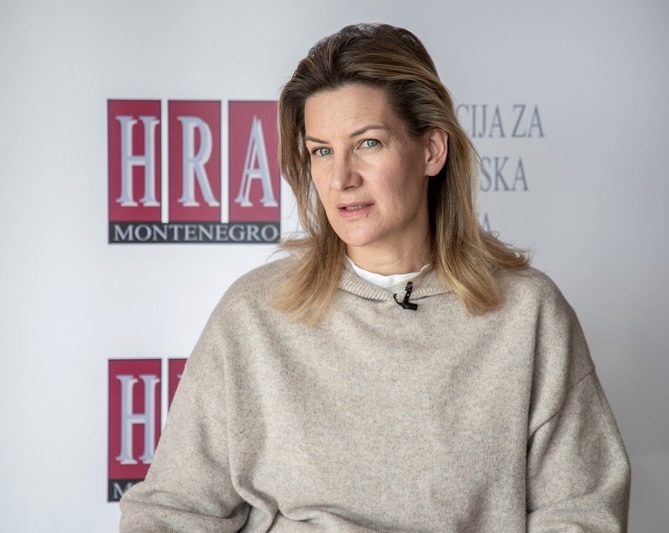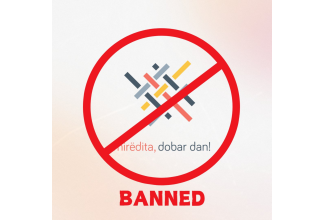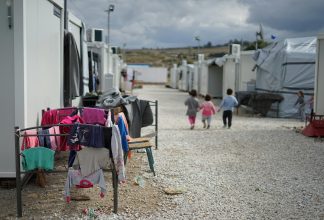CoE report urges Montenegro to investigate cases of police brutality

It has been proven and acknowledged by many that tortures are not only a violation of human rights and dignity but also undermine the very foundations of a fair and just society. Regrettably, even in the present day, we continue to witness an alarming number of torture cases occurring in Europe and worldwide. Despite international conventions and agreements explicitly prohibiting torture, this practice persists in various forms and contexts.
In a recent report published by the Council of Europe’s Committee for the Prevention of Torture and Inhuman or Degrading Treatment or Punishment (CPT), serious concerns have been raised regarding police ill-treatment, which may amount to torture, and the abhorrent living conditions endured by remand prisoners and detainees in Montenegro. The report sheds light on the pressing need for urgent reforms within the country’s law enforcement and penal systems to ensure the fundamental rights and dignity of individuals are respected and protected.
We have discussed the report and overall situation regarding this matter with our partner and human rights defender Tea Gorjanc-Prelević, Executive Director of Human Rights Action from Montenegro.
What is the current situation in Montenegro in the context of the latest CPT’s report?
The most striking finding by the CPT is the continuation of the prevailing climate of ill-treatment by the Montenegrin police, which is being used as a method of police work, despite very explicit criticism of such practices by CPT in 2017 and earlier. The cases of the usage of punches, electric shocks and even death threats by the police to extort testimonies were reported in 2020 and 2021. Although we have no knowledge of such grave examples of police brutality in the last year, the fact remains that none of those police officers executing such torture methods have been punished to date and that they continue to be members of police force. Moreover, their bosses, who appear on paper as coordinators of investigations where false testimonies were extorted remain in their superior positions, and some of them had even been promoted recently. When one recalls that the Acting Minister of Police, belonging to an, allegedly, liberal political party, openly supported police officers indicted for torture and rejected to suspend them for six months, one understands why Human Rights Action pleaded with the CPT to keep the pressure on Montenegro and demand resolute acts against impunity.

What are the primary reasons or factors contributing to the high number of torture cases by police officers in the country?
The key reason is corruption, combined with lack of political will and lack of capacity of state prosecutors. Although state officials declare “zero tolerance for torture” on paper, in practice, they support it and rely on those officers who exercise it. Recently, ties between police officers and members of criminal gangs have been uncovered by breach of their communication on SKY application. The police were extorting testimonies from members of one criminal gang and sending proofs of such torture acts to the boss of another gang. A Deputy Police Director was accused of supporting a criminal gang as well. All this contributed to the rise in the number of cases of extortion of testimonies.
Finally, when some lowest rank police officers are punished, the penalties are lenient, either suspended or up to five months of imprisonment, which allows them to remain in police force. The superior officers have never been indicted for torture. Such sentencing ridicules fight against torture and only promotes impunity.
What actions or recommendations do you propose to address the issue?
It would be essentially important to appoint as a Minister of Interior and Supreme State Prosecutor persons ready to combat police torture on the level of superior police officers as well. The Minister of Interior should not support police officers indicted for torture in any way and should prevent that those suspected of such acts remain without contact with the public while under investigation, in line with CPT’s recommendation. Legal guarantees for persons in detention should be strengthened, level of punishment for torture increased, state prosecutors made able to effectively investigate. In one sentence, all recommendations Montenegro received from CAT (Committee Against Torture – UN), CPT and UPR (Universal Periodic Review) in 2022 and 2023 should be implemented without further hesitation. The European Union should strongly support those recommendations, should consider those its own and condition Montenegrin advancement in accession negotiations by their implementation.
The situation described in the CPT report highlights the need of urgent action from both the Montenegrin authorities and the international community and serves as a wakeup call to address the severe human rights violations. In a world that aspires to equality and respect to every individual, the continuation of torture is an opposite to the very essence of respect of human rights and rule of law.
We urgently call upon the Montenegrin authorities to not only thoroughly investigate previous cases of torture and ill-treatment of prisoners but also to proactively implement robust measures to prevent any future occurrences. It is imperative that a comprehensive and impartial investigation be conducted to hold accountable those responsible for human rights abuses, ensuring that justice is served.


